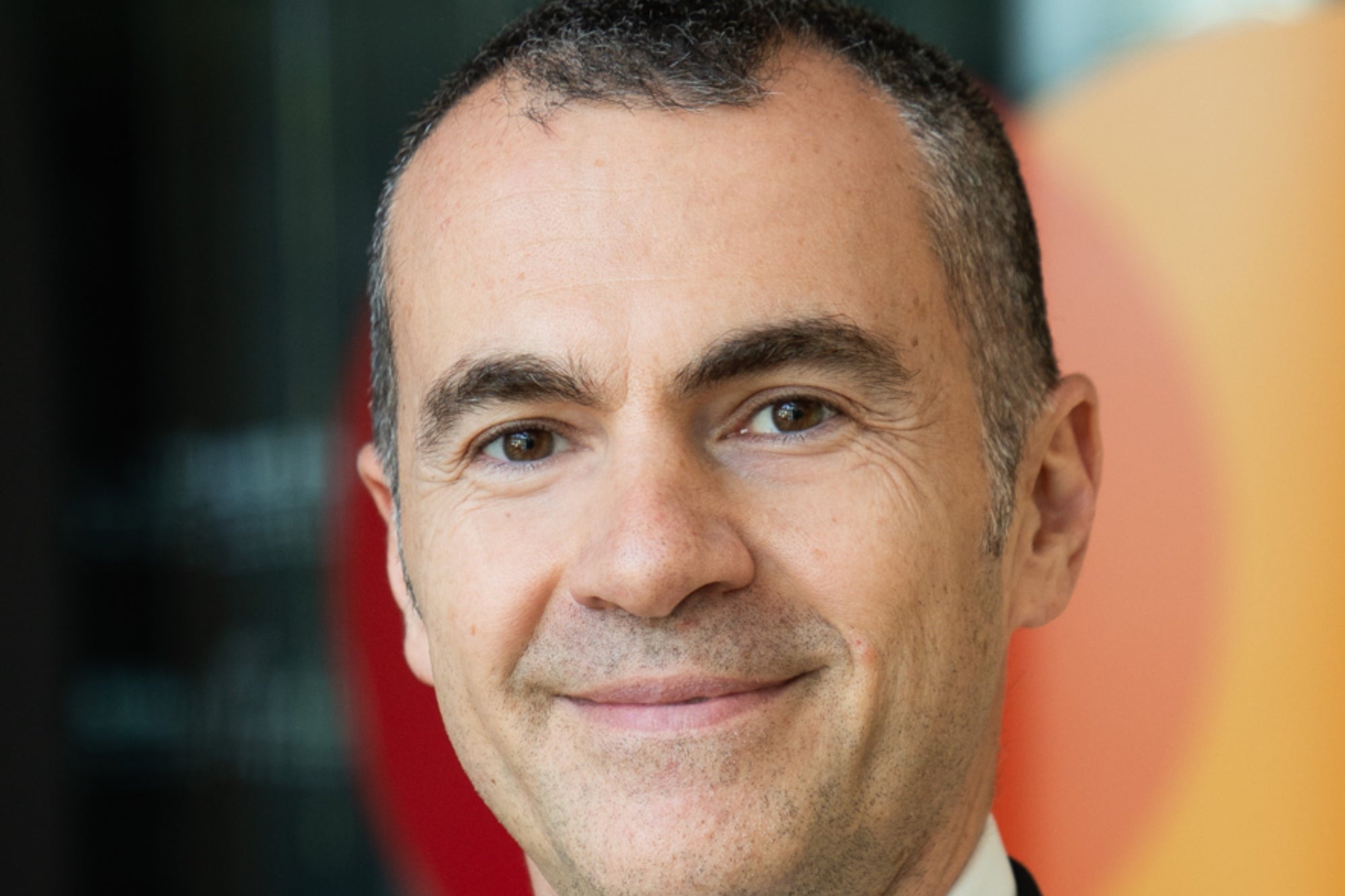The Great Energy Transition of the 21st Century The success of the energy transition depends on the transformation of the global energy sector from fossil-based to zero-carbon sources by the second half of the century, which is why so many nations, companies and institutions have committed to net-zero targets.
Opinions expressed by Entrepreneur contributors are their own.
You're reading Entrepreneur Middle East, an international franchise of Entrepreneur Media.

Energy is crucially important for all three pillars of sustainable development – social, economic and environmental well-being. Energy for lighting and transportation supports networks that connect people, societies and economies. Energy is required for heating, cooling, refrigeration, transportation, and impacts every economic sector and faucet of human life, impacting our ability to provide adequate healthcare, education, ensure food security, and basic living needs. Properly applied, and energy technologies can be used to efficiently deliver basic human needs, drive economic impacts, and mitigate environmental problems; used carelessly, and energy technologies can create problems of their own.
The term 'energy transition' was first coined nearly 50 years ago in 1977 during US President Jimmy Carter's Address on the Nation of Energy, where he urged the audience to "look back into history to understand our energy problem. Twice in the last several hundred years, there has been a transition in the way people use energy... Because we are now running out of gas and oil, we must prepare quickly for a third change to strict conservation and to the renewed use of coal and to permanent renewable energy sources like solar power."
The world has witnessed several 'energy transitions' thus far, first transitioning from predominantly using wood to coal in the early 1900s; and then transitioning from predominantly coal to hydrocarbons such as oil and natural gas in the 1950s. Though many forms of renewable energy have been around since the early 1900s, it wasn't until the turn of the 21st century when calls for a global energy transition to renewables began.
Urgency to transition to renewable energy has grown in the 1990s as the effects of climate change have become increasingly harmful. The 2015 COP21 Paris Agreement saw 196 nations agree to reach carbon neutrality by the middle of this century, calling for nations to work together to limit global warming to "well below 2°C, preferably 1.5°C compared to pre-industrial levels. In order to achieve this, a transition away from fossil fuels is required, to reduce carbon emissions. This is because 89% of all CO2 emissions are accounted for by coal, oil and gas combustion. Thus, this requires a 95% reduction in coal use, a 60% reduction in oil, and a 45% reduction in gas use, compared to 2019 levels in order to reach a 50% chance of meeting the Paris Agreement targets of 1.5°C.
Renewable energy also offers additional benefits beyond addressing climate challenges and decarbonization, by providing opportunities for higher employment rates, industrial development, improved health, and greater access to energy.
The success of the energy transition depends on the transformation of the global energy sector from fossil-based to zero-carbon sources by the second half of the century, which is why so many nations, companies and institutions have committed to net-zero targets.
Join Dubai's Sustainable Movement – Explore groundbreaking green initiatives by reading and downloading the full report.
This article was originally published on Lucidity Insights, a partner of Entrepreneur Middle East in developing special reports on the Middle East and Africa's tech and entrepreneurial ecosystems.













